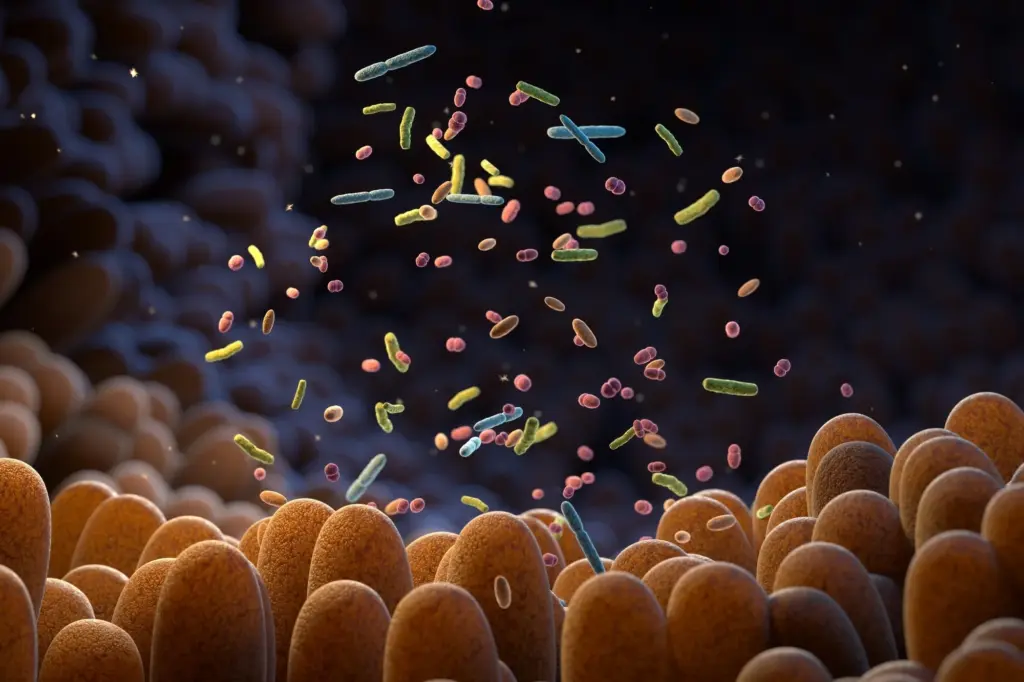
You thought skipping breakfast was the golden ticket to six-pack abs and eternal youth? Cute. Meanwhile, deep in your gut, a microscopic riot is breaking out—and guess what? Your fasting schedule might be the damn trigger. Yeah, that’s right.
While you’re out here flexing willpower like a badge of honor, your gut microbes could be flipping tables, setting fire to your intestinal peace, and turning your digestive tract into a warzone.
Welcome to the messy, unfiltered side of intermittent fasting—where balance ain’t just a buzzword, it’s survival.
Intermittent fasting (IF) isn’t some divine health hack gifted by the gods of wellness. It’s a metabolic stressor. Period.
While some stress is good—like lifting weights or going on a Tinder date with a guy who actually communicates—too much of it can backfire. And that’s exactly what’s happening to your gut if you’re not doing this fasting thing right.
Your microbiome—the trillions of bacteria doing backstage work in your belly—is sensitive AF. Treat them like crap, and they’ll treat you worse.
Your Gut Bacteria
Let me break it down. Your gut isn’t just digesting your avocado toast (or lack thereof). It’s a full-blown ecosystem—think coral reef, but way nastier and way more important.
These microbes regulate your mood, immunity, metabolism, and yes, even that skin glow you swear came from your new serum. They’re tiny, but they run your damn show.
Now, enter intermittent fasting, which disrupts the eating schedule they’ve adapted to. When you go 16 hours without food, your gut bacteria get confused. Starved, even.
The good ones—the peacekeepers, the fiber-lovers, the bouncers who throw out bad pathogens—start packing up and leaving the party.
In their place? The angry drunks of the microbial world: inflammatory bacteria who thrive in chaos and start attacking the gut lining. Boom—welcome to leaky gut, mood swings, skin flare-ups, and bloating that makes you question your entire life.
“The gut is not Las Vegas. What happens there doesn’t stay there.”
When Discipline Turns Dysfunctional
So yeah, IF works for weight loss. It can also improve insulin sensitivity, give your digestive system a break, and promote autophagy (that cellular clean-up we all love to preach about).
But just like you shouldn’t text your ex just because you’re lonely, you shouldn’t fast without checking in with your body.
Skipping meals without nourishing properly in your eating window? Red flag. Living on coffee and vibes till 2 PM? Girl, your gut bacteria are crying in the club. IF isn’t just about when you eat, it’s about what you eat when you finally do.
If you’re breaking your fast with processed junk or not enough prebiotic fiber, you’re not fasting—you’re punishing yourself. And trust me, your gut’s gonna get revenge.
A Little Science, A Lot of Sense
Recent studies have shown that intermittent fasting can alter the diversity of gut flora. In some cases, that’s a good thing—it promotes beneficial species.
But when done wrong (too long, too often, too little food), it can decrease microbial richness. That means less resilience. Less protection. It’s like replacing a squad of Navy SEALs with toddlers holding pool noodles.
Your microbiome thrives on rhythm. Think: regular feeding times, consistent fiber, hydration, sleep. When you randomly decide to jump from OMAD (one meal a day) to “I accidentally fasted for 24 hours because I was ‘so busy,’” your gut doesn’t call that strength—it calls it sabotage.
What Should You Do?
If you love IF, cool. You don’t need to throw it in the trash—just respect your gut while doing it.
That means:
- Eat real food when you break your fast. No, a protein bar and matcha latte don’t count.
- Fuel with fiber. Gut bugs love prebiotic-rich foods: garlic, onions, bananas, oats. Feed the good guys.
- Hydrate like you mean it. Dehydration amplifies fasting stress.
- Listen to your body. If fasting makes you feel anxious, tired, foggy, or bloated—something’s off.
- Cycle your fasts. Every day doesn’t need to be a marathon. Balance, babe.
Don’t Worship the Fast, Worship the Balance
Intermittent fasting isn’t evil. It’s a tool. But like a chainsaw, if you don’t know how to use it—someone’s losing a limb. Maybe not literally, but you get the point.
Your gut isn’t just along for the ride—it’s your co-pilot. Treat it like some disposable detox chamber, and you’ll crash, hard.
So next time you brag about skipping meals like it’s a badge of honor, pause. Ask yourself: Am I nourishing my body, or am I just starving it for aesthetic approval? Because let’s be real—the glow doesn’t come from hunger. It comes from harmony.
“Health isn’t punishment. It’s a relationship—with your body, your food, and your gut.”









